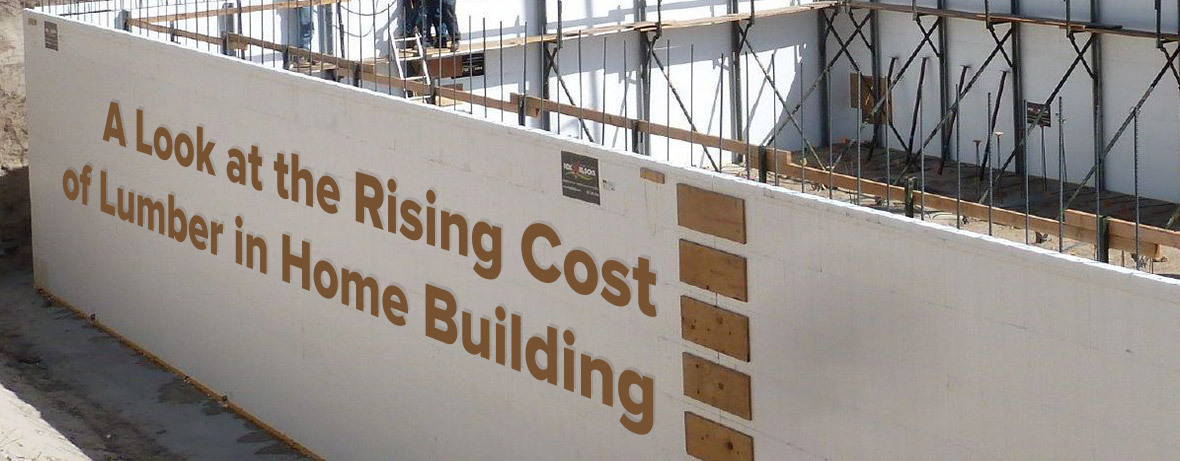
Tips for Hiring & Working with Residential Architects

Why Real Estate Investors Should Rebuild with ICF Instead of Fix and Flip
Real estate investors can limit the financial risks of fix and flip construction by demolishing the old structures and rebuilding with insulated concrete forms (ICFs).

Essential Elements of Passive House Design

What is the Optimal Foundation Wall Thickness?
A concrete foundation wall’s thickness plays an integral role in its long-term strength and durability. Local building codes mandate the foundation specifications, addressing conditions that affect the foundation thickness.

The Advantages of ICF Construction for Multiplex Housing

The Advantages of ICF over CMU Construction
Concrete masonry units (CMU) and insulated concrete form (ICF) walls have several features in common: energy-efficiency, durability, and good indoor environmental quality (IEQ). However, ICF is quicker and easier to install compared to CMU, which saves time and money.

How Architects Can Sell Clients on ICF Construction
Utilizing ICF for residential projects is an amazing way to create strong and safe homes while utilizing ICF for commercial projects is an easy way to hit deadlines earlier with lower costs. Want to know how to sell your clients on ICF construction? Keep reading to receive expert knowledge on all the benefits and the best way to communicate them.

ICF Construction Protects Homes and Families from Tornados

A Look at the Rising Cost of Lumber in Home Building
A slowdown at the lumber mills due to the COVID-19 pandemic, combined with other factors, has led to lumber shortages and skyrocketing prices.

Exterior Wall Thickness: How Thick Should Your Walls Be?
The exterior wall thickness of a home significantly impacts the house’s energy efficiency, disaster resistance, and IEQ. Learn how thick exterior walls should be.